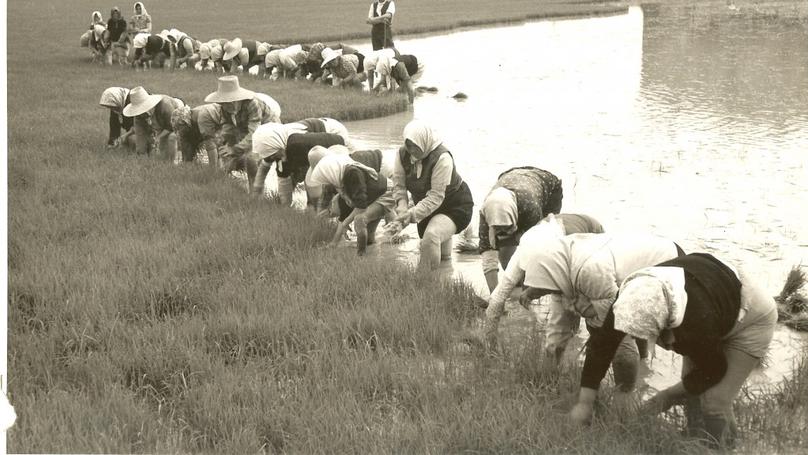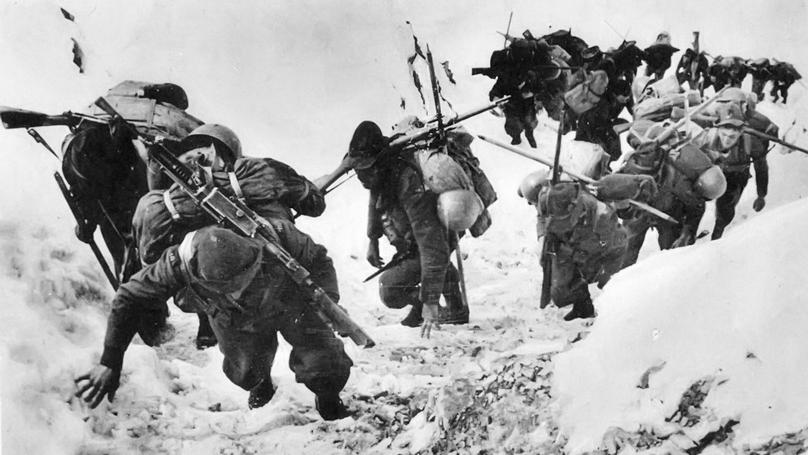Publications

We study whether work practices adopted in recent history in agriculture influence the empowerment of women in a European country. Focusing on Italy, we study the case of female rice weeders and their successful history of unionisation and mobilisation for better working conditions. Relying on an instrumental variable strategy to predict quasi-exogenous variation in rice production, we test whether the historical presence of female rice weeders predicts differences in measures of women’s economic and political empowerment during the second half of the XX century. We find that towns where rice production was historically relevant have higher women labour force participation, stronger support for divorce in the 1974 referendum, more women in politics, and are more likely to have a nursery school. Our results suggest the importance of collective action of working women to achieve persistent female empowerment. (Draft available upon request)

Do strong states affect the culture and actions of their citizens in a persistent way? And if so, does the capacity to tax, by itself, have a role in this effect? I study how the historical capacity of a state to collect taxes affects a citizen’s decision to evade the mandatory military draft. I focus on Italy during World War I and identify quasi-exogenous variation in tax collection induced by the administrative structure of Piedmont during 1814-1870. Using newly collected individual data on the universe of the 1899 cohort drafted in the province of Turin, I find that citizens born in towns with lower historical fiscal capacity were more likely to evade the military draft, and that culture is a channel through which the effect persists. Placebo estimates confirm that the effect can be attributed to fiscal capacity and is not confounded by legal capacity. Additional results on voter turnout and better access to schools are consistent with higher fiscal capacity leading to both higher expected returns to participation and differential provision of public goods. (R&R at Journal of the European Economic Association)